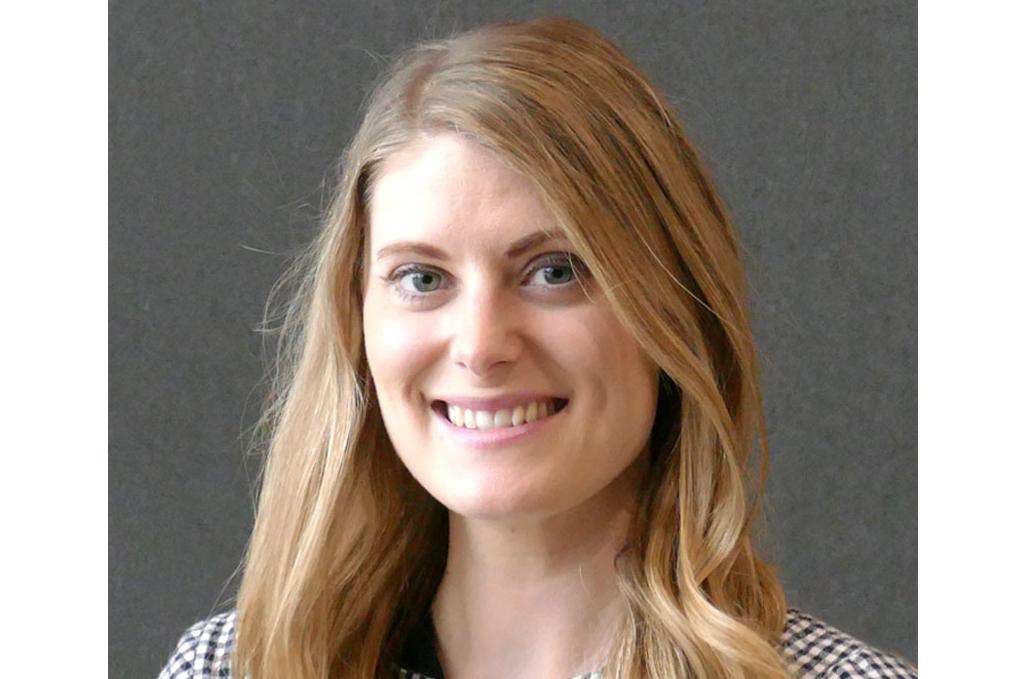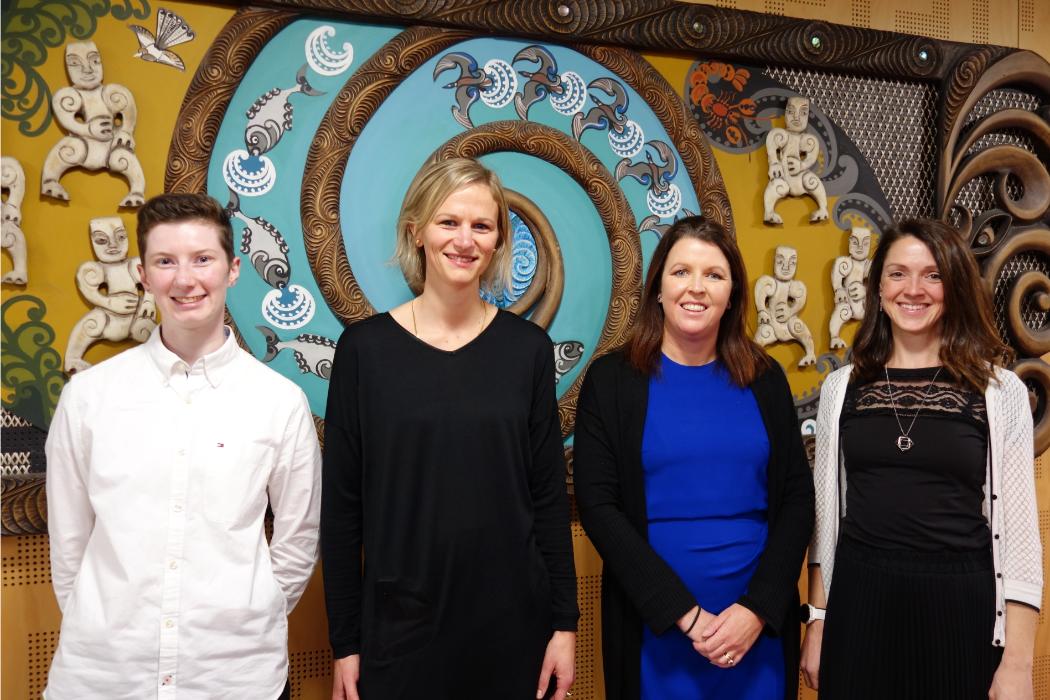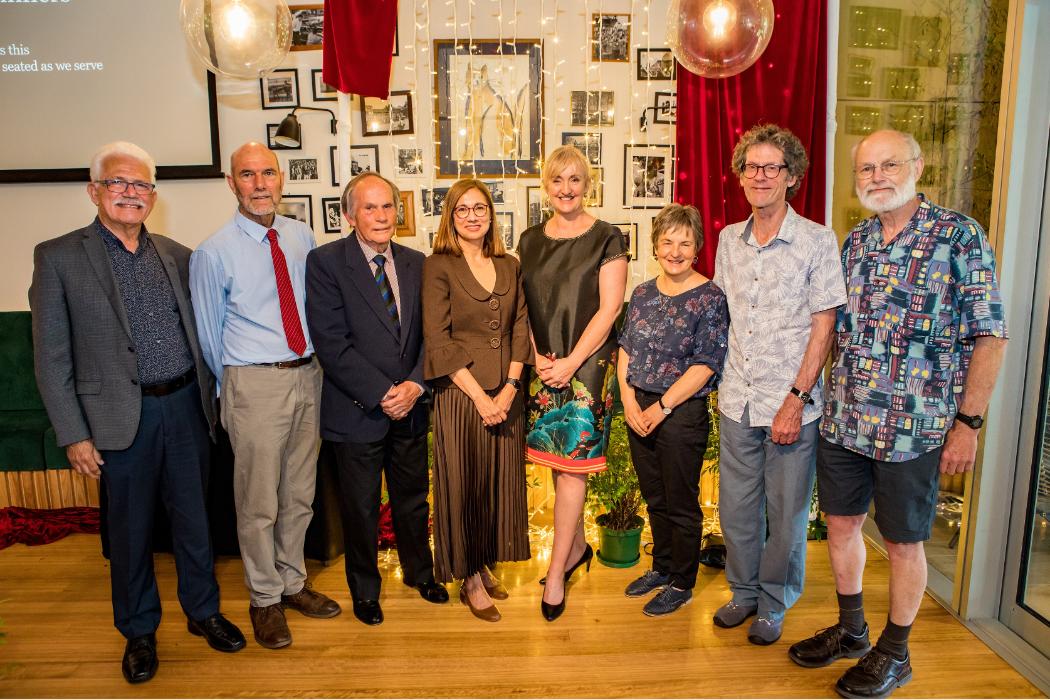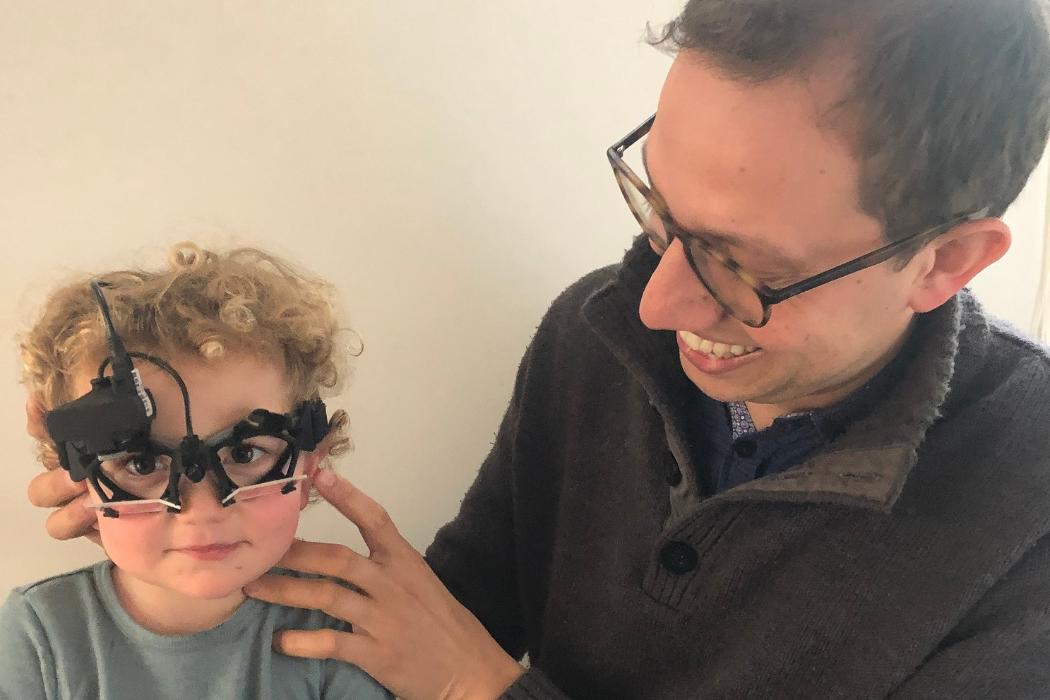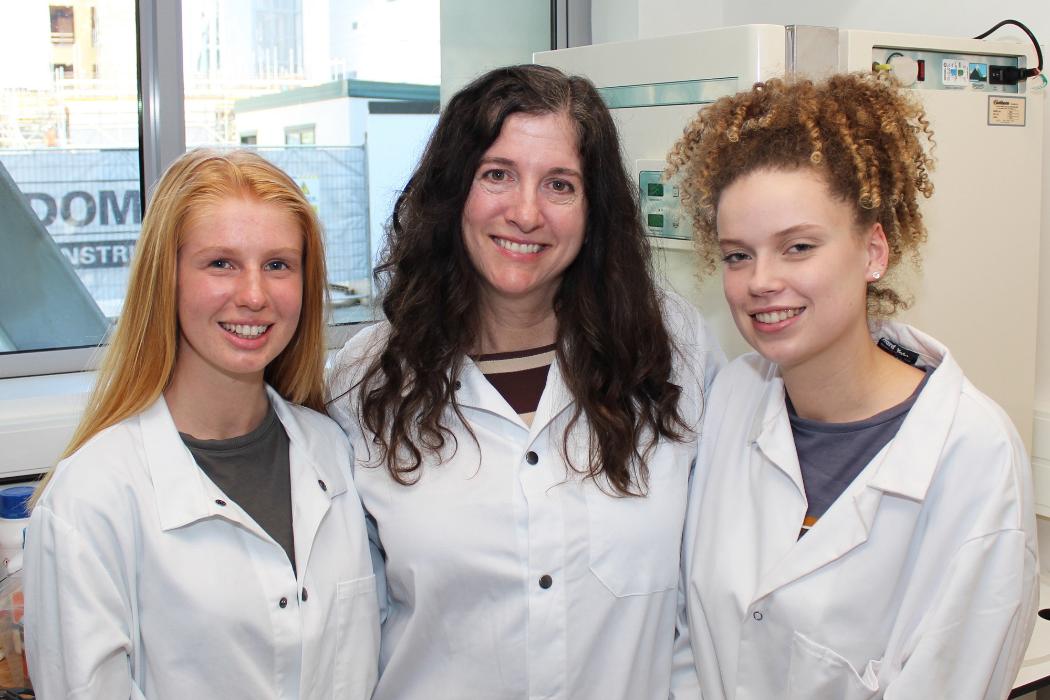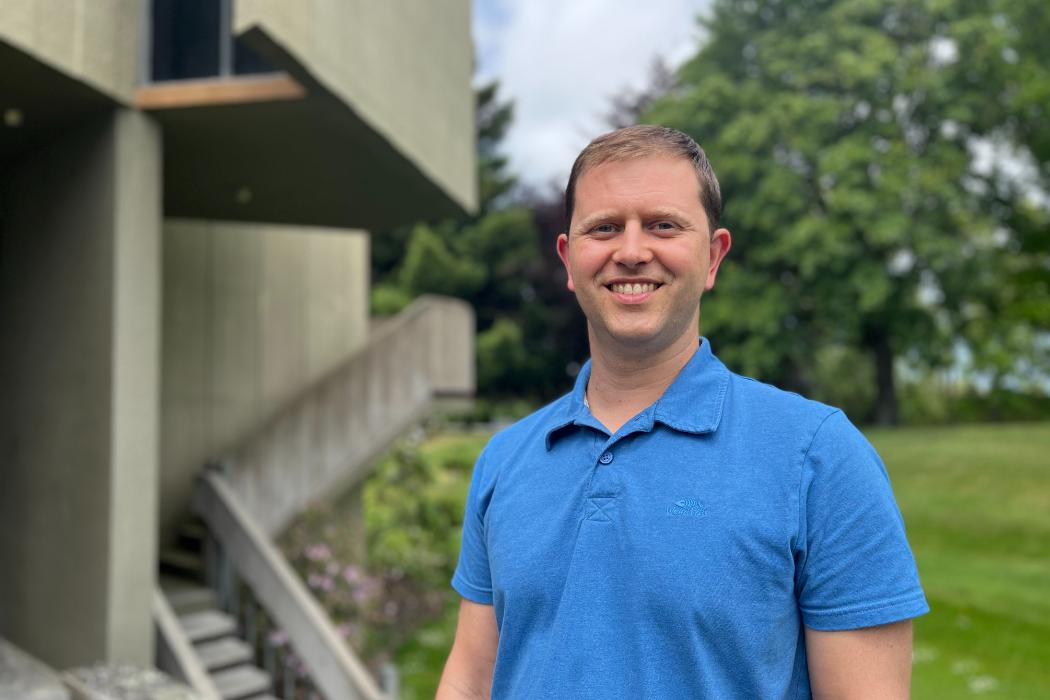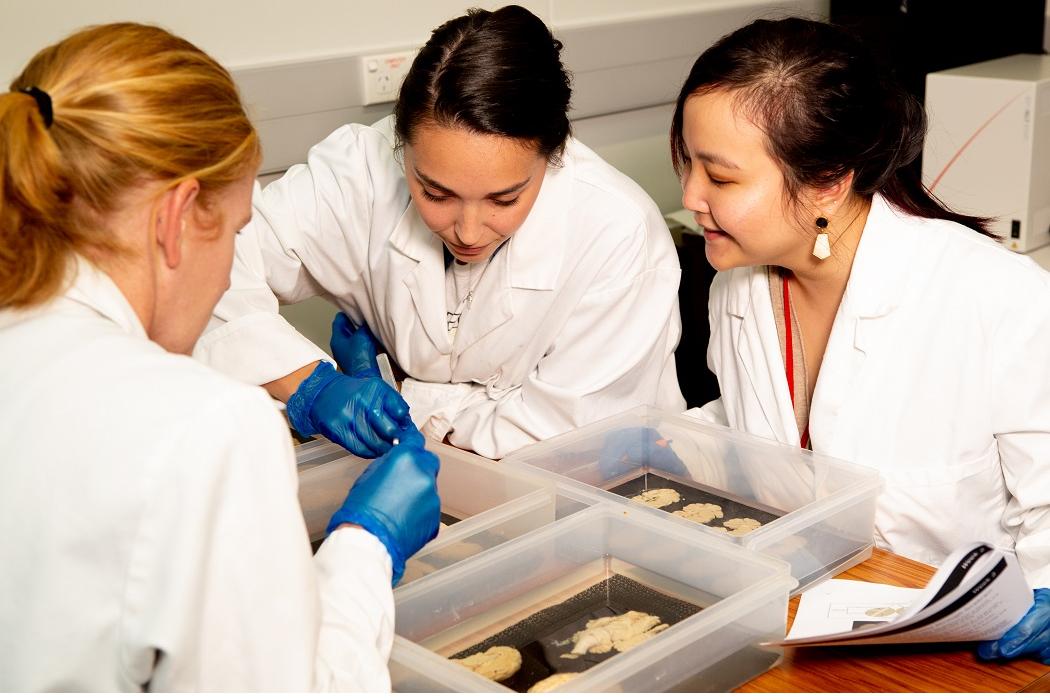

School of Psychology, Speech and Hearing
Te Kura Mahi ā-Hirikapo
If you’re interested in human health and behaviour and want to make a meaningful, tangible difference to people’s lives, UC's School of Psychology, Speech and Hearing is the place to start. Check it out.
Welcome to Te Kura Mahi ā-Hirikapo | School of Psychology, Speech and Hearing. If you’re interested in human health and behaviour and want to make a meaningful, tangible difference to people’s lives – this is the place to start.
We offer a range of undergraduate and postgraduate options which are highly regarded by our industries.
Our research receives national and international attention and is making a real difference to peoples' lives – from new speech therapy techniques for stroke patients to ground-breaking science into diet and mental health. We’re also home to several on-site clinics and pioneering research centres, attracting academics and specialists from all over the world.
Study in the School of Psychology, Speech and Hearing
We offer a wide range of highly regarded courses, qualifications and research opportunities in the fields of psychology, speech and language pathology, and audiology.
Our Speech and Language courses are accredited by Te Kāhui Kaiwhakatikatika Reo Kōrero o Aotearoa | New Zealand Speech-language Therapists’ Association.
We have a new Bachelor of Psychological Sciences degree or alternatively you can study psychology as part of a Bachelor of Science, Arts or Health Science.
We also have a range of postgraduate options for prospective students from a Master in Psychology, or Audiology.
Our research
UC is home to many world-leading research centres, institutes and on-site clinics. This provides students with first-hand experience in real-world research and clinical environments.
With a burgeoning post-graduate programme and new doctoral-level faculty in diverse areas of psychology, communication disorders, audiology, swallowing rehabilitation and stroke recovery, our research profile is rapidly expanding.
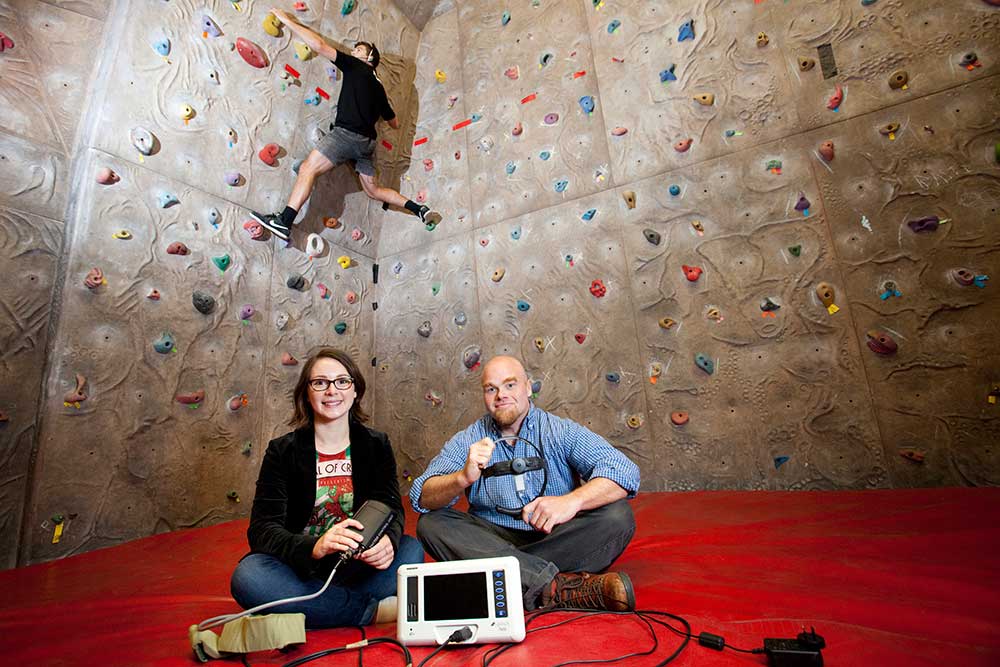
Our world-leading experts are collaborating on ground-breaking research and development work. Find out what we are working on.


